
From October 1, 2025, the Corporate Income Tax (CIT) Law No. 67/2025/QH15 officially takes effect, applicable to the 2025 CIT calculation period. This is an important milestone in Vietnam's tax policy reform, aiming to both meet management requirements for the booming digital economy and provide additional financial resources for the business community - especially the small and medium-sized enterprises (SMEs).
Tightening digital economic management, paving the way for development for small and medium enterprises
The Law on Corporate Income Tax 67/2025/QH15 was issued in the context of Vietnam promoting digital transformation and deep integration, reflecting the adaptation of the institution to new economic trends. According to economic experts, this reform brings "double leverage": both creating a modern legal framework for the digital economy and strongly supporting the SME community.
According to Dr. Mac Quoc Anh, Vice President and General Secretary of the Hanoi Association of Small and Medium Enterprises, the first breakthrough is the legal framework for the digital economy and cross-border activities. For the first time, the law clearly stipulates how to determine revenue generated in Vietnam from cross-border platforms such as online advertising, e-commerce, cloud computing services, online games, etc. This helps tax authorities have tools to prevent revenue loss and ensure fairness between domestic enterprises and international technology corporations.
In addition, a mechanism for accounting and tax declaration for foreign suppliers without a permanent establishment has also been established, simplifying procedures and reducing the risk of tax base erosion (BEPS), as recommended by the Organization for Economic Cooperation and Development (OECD). Associate Professor Dr. Le Xuan Truong - Head of the Department of Taxation and Customs (Academy of Finance) assessed that the legalization of tax collection principles for the digital economy is an important step forward, demonstrating Vietnam's determination to internalize international tax standards. The biggest challenge now is to build an information technology system strong enough to monitor and process millions of cross-border transactions every day, avoiding the situation of 'having laws but being difficult to enforce'. In addition, it is necessary to soon have a guiding document on the concept of 'significant economic presence' to determine the obligations of foreign platforms.

Build a modern corporate income tax policy that encourages businesses to innovate and make long-term investments in technology.
At the same time, the Law expands support for SMEs through tax incentives. The Law maintains and provides more flexibility for the preferential tax rate of 15-17% (instead of the common 20%) and allows the calculation of investment costs in research and development (R&D) into deductible expenses up to 150%. According to the representative of the Ministry of Finance , this reform aims to build a modern corporate income tax policy, encourage businesses to innovate and make long-term investments in technology. The regulation allowing the calculation of R&D costs up to 150% is a powerful tool to help businesses increase their competitiveness, better utilize advanced technologies and expand production in the domestic market.
Regarding this perspective, Ms. Nguyen Thi Cuc - President of the Vietnam Tax Consulting Association said that maintaining a preferential tax rate of 15-17% for SMEs creates a clear advantage in terms of costs, supports cash flow and encourages long-term investment. Especially for startups in the technology sector, the inclusion of R&D costs helps reduce the tax burden during the large investment period, thereby improving the ability to raise capital and accelerate development.
According to Mr. Mac Quoc Anh, many SMEs currently lack skills in financial management and digital tax accounting, so there needs to be specialized training programs for them to take advantage of tax incentives. Otherwise, some businesses may miss out on support policies just because they are afraid of risks when declaring R&D expenses.
From the perspective of the business community, "enterprises appreciate the higher deduction of R&D expenses. This policy helps us free up more capital for research on artificial intelligence and cloud computing. However, businesses want regulations on electronic invoices and documents for cross-border transactions to be simplified to reduce compliance costs," said Nguyen Van Nganh, a representative of a technology enterprise.
Solving the problem of optimizing the efficiency of the law
According to economic experts, despite creating a favorable framework, Corporate Income Tax Law 67/2025 still faces major challenges in its practical application. Completing sub-law documents is considered a prerequisite. The Ministry of Finance and the Tax Department need to promptly issue specific decrees and circulars before the tax finalization date of 2025, especially regulations on taxes in the digital economy and R&D costs.
Economic experts recommend that guidance documents should be issued early so that businesses have enough time to adjust their accounting systems and prepare documents. There should be a specific list of R&D expenses that are eligible for 150% incentives to avoid different interpretations during inspections and audits.
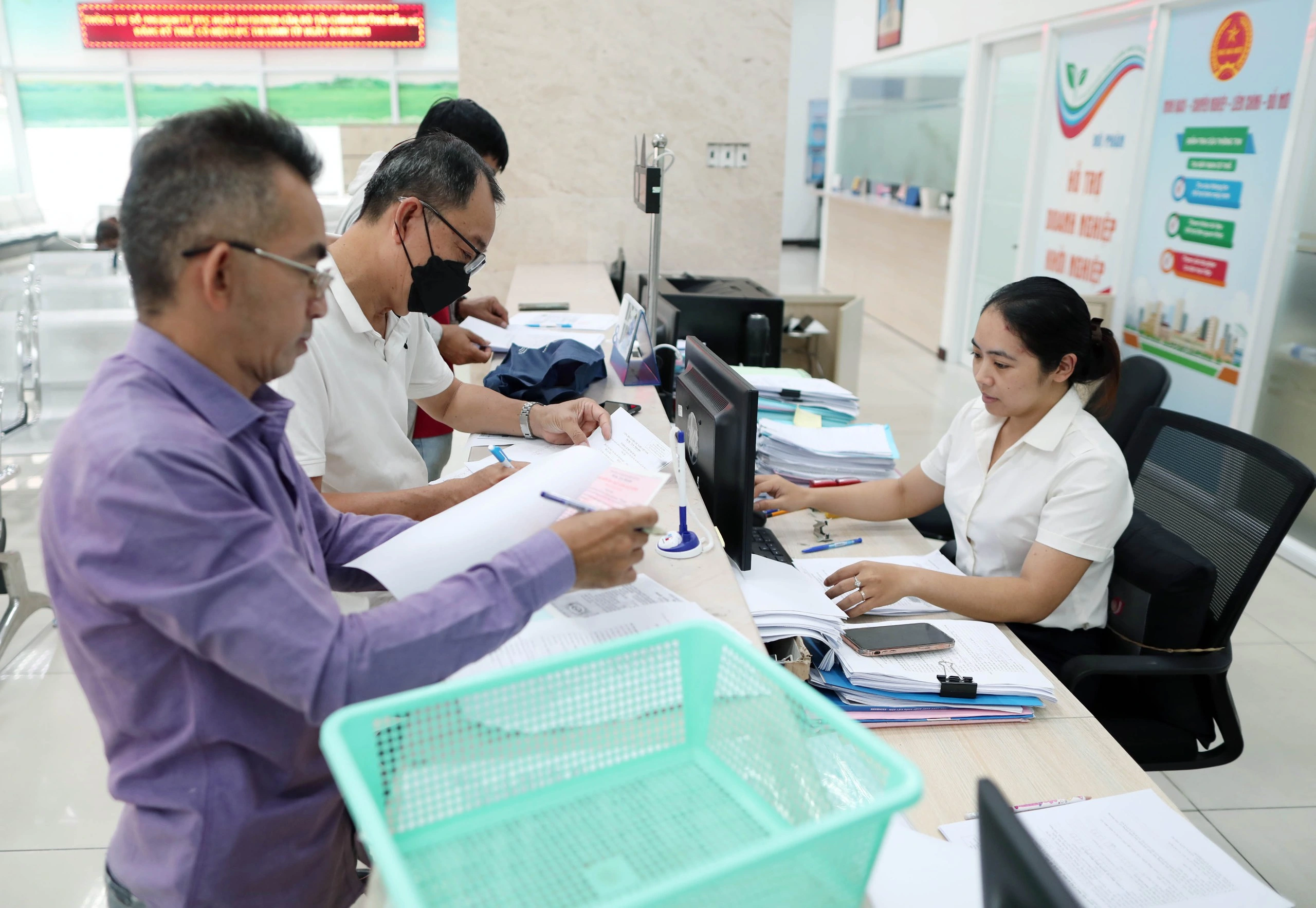
For Law 67/2025/QH15 to be effective, it is necessary to complete detailed and easy-to-understand guidance documents before the 2025 tax settlement period.
Meanwhile, Ms. Cuc said that digital transformation in tax management must also be promoted. The electronic tax management system needs to have enough capacity to receive and process huge data from e-commerce platforms and cross-border transactions.
Thus, for Law 67/2025/QH15 to be effective, experts recommend four key solutions such as promptly completing detailed and easy-to-understand guidance documents before the 2025 tax settlement period; promoting multi-channel propaganda and training on digital economic tax declaration and proving R&D costs for small and medium-sized enterprises; developing a smart electronic tax management platform, directly connecting with accounting software and processing big data; improving the quality of inspections, applying data analysis and risk management to reduce widespread inspections. Dr. Mac Quoc Anh emphasized: "Law 67/2025 is a step forward in building a modern, fair tax system that approaches international standards. The accompaniment of management agencies and the initiative of enterprises will turn tax reform into a driving force for sustainable development".
Source: https://vtv.vn/luat-thue-thu-nhap-doanh-nghiep-moi-don-bay-kep-cho-kinh-te-so-va-doanh-nghiep-viet-100251002151027816.htm


![[Photo] Prime Minister Pham Minh Chinh launched a peak emulation campaign to achieve achievements in celebration of the 14th National Party Congress](https://vphoto.vietnam.vn/thumb/1200x675/vietnam/resource/IMAGE/2025/10/5/8869ec5cdbc740f58fbf2ae73f065076)
![[Photo] Prime Minister Pham Minh Chinh chairs the Government's online conference with localities](https://vphoto.vietnam.vn/thumb/1200x675/vietnam/resource/IMAGE/2025/10/5/264793cfb4404c63a701d235ff43e1bd)





















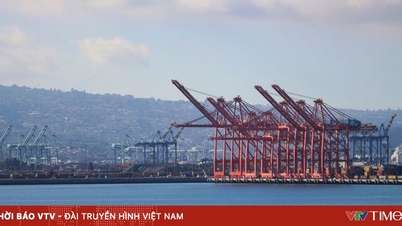





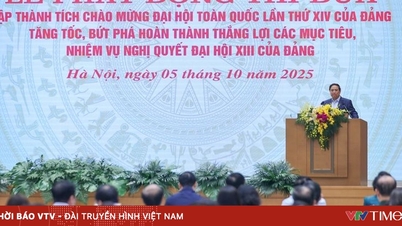



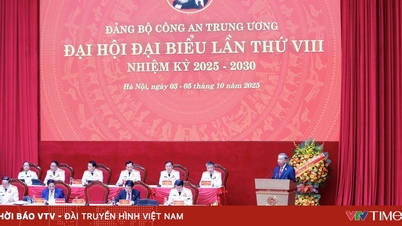


























![[VIDEO] Summary of Petrovietnam's 50th Anniversary Ceremony](https://vphoto.vietnam.vn/thumb/402x226/vietnam/resource/IMAGE/2025/10/4/abe133bdb8114793a16d4fe3e5bd0f12)

![[VIDEO] GENERAL SECRETARY TO LAM AWARDS PETROVIETNAM 8 GOLDEN WORDS: "PIONEER - EXCELLENT - SUSTAINABLE - GLOBAL"](https://vphoto.vietnam.vn/thumb/402x226/vietnam/resource/IMAGE/2025/7/23/c2fdb48863e846cfa9fb8e6ea9cf44e7)




















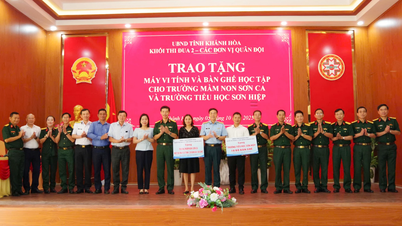















Comment (0)